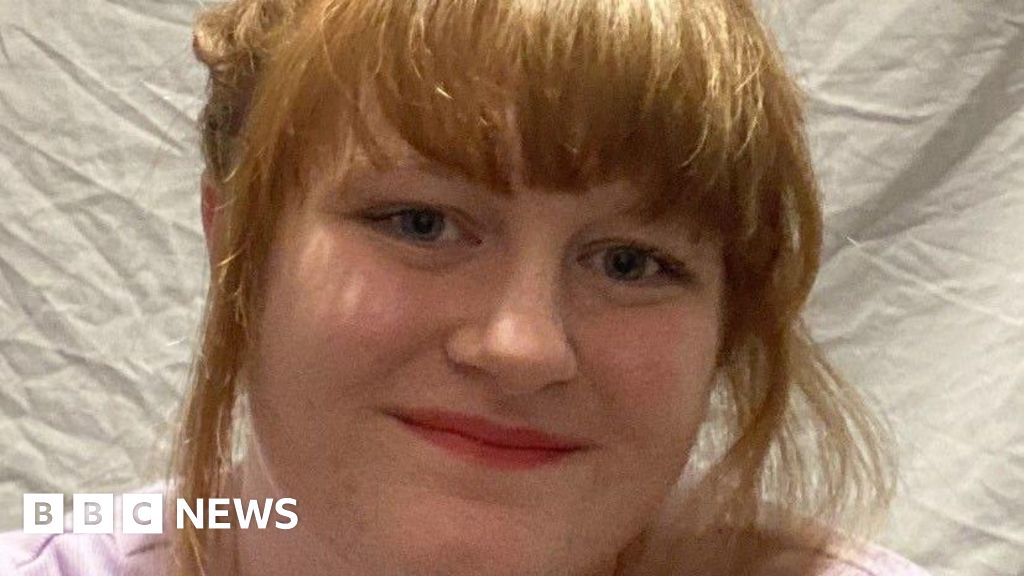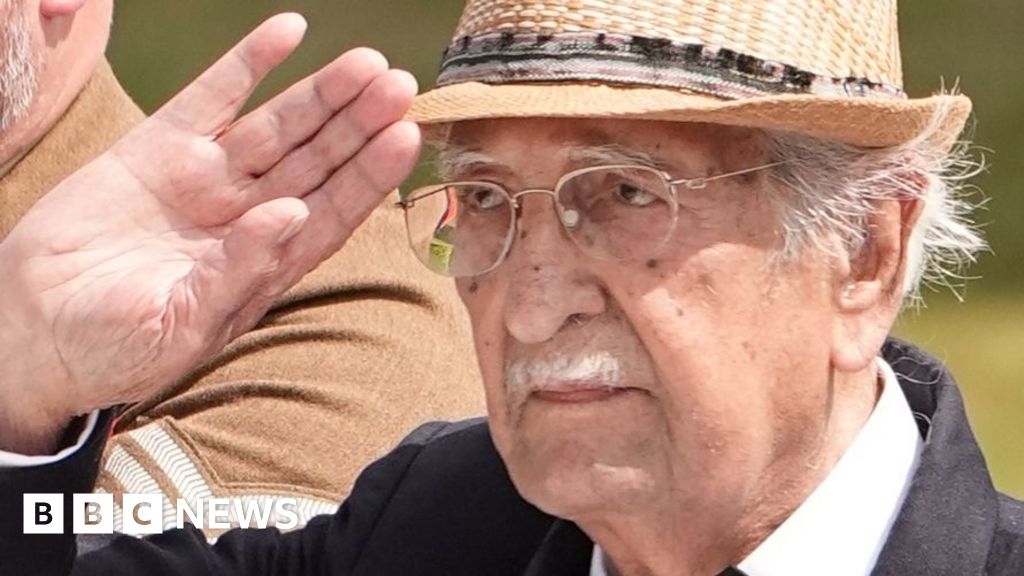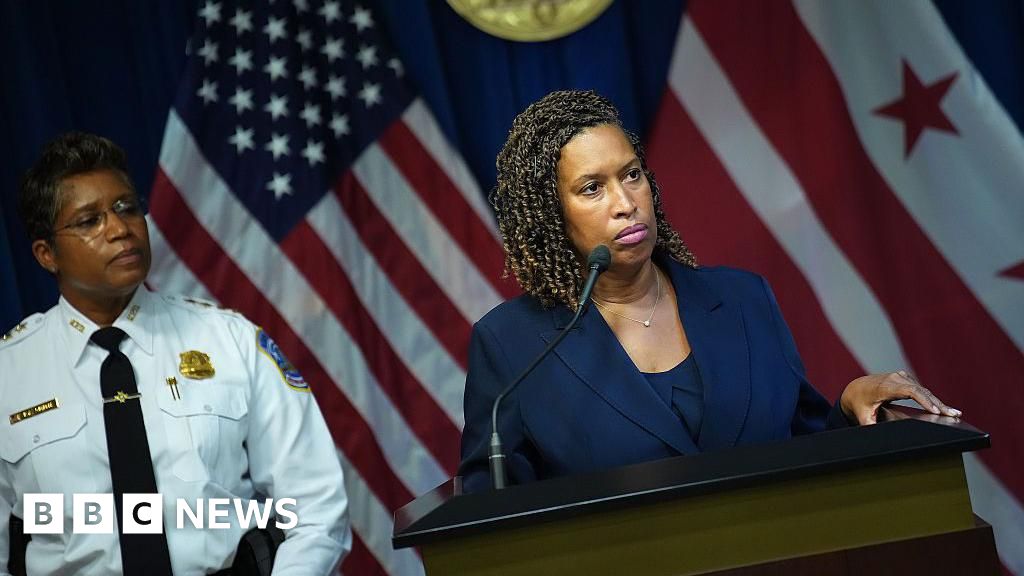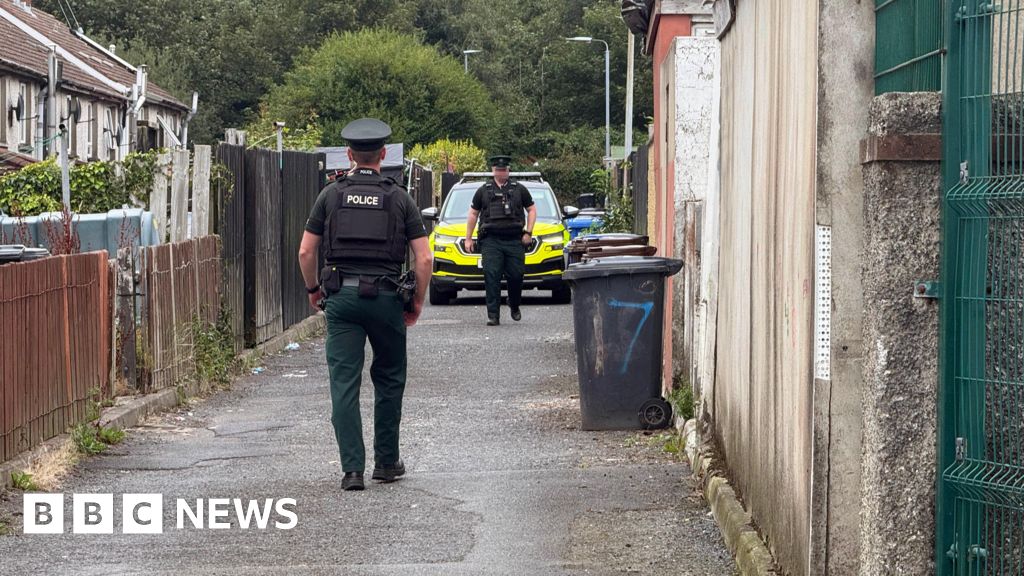
The National Dialogue Eminent Persons Group.
- Seven legacy foundations, including the Thabo Mbeki and Desmond and Leah Tutu Legacy Foundations, withdrew from the National Dialogue Preparatory Task Team, citing government control and rushed planning.
- The organisations criticised the move away from a citizen-led initiative, highlighting timing, lack of financial planning, and the risk of the Convention becoming performative and over substantive.
- Despite the withdrawal, they reaffirmed their commitment to a credible, inclusive National Dialogue, urging the rescheduling of the Convention post-15 October for better preparation and transparency.
A week before the first event of the National Dialogue, the legacy foundations, touted to play a key role in the initiative, announced that they would not participate on 15 August and that they withdraw from the preparatory task team.
“This is because we believe that core principles meant to underpin the whole National Dialogue have been violated in the rush to host a gathering on 15 August,” reads a statement.
“We do so not out of apathy or disengagement, but because we remain committed to the belief that all aspects of the National Dialogue must be credible, principled, and anchored in public trust.”
The organisations withdrawing are the Steve Biko Foundation, the Thabo Mbeki Foundation, the Chief Albert Luthuli Foundation, the Desmond and Leah Tutu Legacy Foundation, the FW de Klerk Foundation, the Oliver and Adelaide Tambo Foundation and the Strategic Dialogue Group.
The Thabo Mbeki Foundation has played a leading role in the putting the idea of a National Dialogue on the agenda, and took a dim view of the DA indicating that it would not participate in the dialogue.
In a joint statement issued on Friday, these organisations said they have committed themselves “to convening a citizen-led, inclusive, and accountable platform to help South Africans confront the deep systemic crises our country faces” over the past year.
“The National Dialogue must be citizen-led. It must be a vehicle for all South Africans to engage each other, and to engage across sectors and communities, to build a collective vision and compact for South Africa. It cannot be a government-led process, as this will undermine any credibility.
“The National Dialogue, and all its various gatherings, must be exemplars of meaningful engagement. The National Dialogue is not a government or public consultation process. It is a collectively owned process of deep engagement with the state of our Nation, and a bringing forth of a collective vision for our future. It must be qualitatively different to any previous attempts at social compacting.”
The organisations also highlighted that the dialogue must be inclusive.
“At the heart of the planned Dialogue are 13 664 community and sectoral dialogues, 50 000 citizen-led dialogues, mass media engagement, and the opportunity for everyone – every child, adult, young person, and elder – to participate meaningfully.
“The National Dialogue must be transparent and accountable, with no space for corruption or mismanagement of funds in its processes.”
The organisations, which will hold a media briefing on Monday, said they have raised their “principled position” with President Cyril Ramaphosa and the Eminent Persons Group.
They listed the following reasons why they are withdrawing from the First National Convention:
- The Erosion of Citizen Leadership: “What began as a citizen-led initiative has unfortunately in practice shifted towards government control. In pushing forward for a Convention on 15 August at the will of government officials and against the advice of the Sub-Committee Chairs, we believe that a critical moment in which citizens should be leading will be undermined. The principles and important nature of being a citizen-led process are being sacrificed for the sake of expediency.
- Loss of a Meaningful Platform for Dialogue: “The rushed timeline, constrained logistics, and limited interactive design mean that the proposed Convention no longer offers a meaningful platform for engagement. The structure risks becoming symbolic rather than substantive – more performance than participation. We cannot lend our names to a gathering that does not allow for genuine dialogue.
- Lack of Financial and Operational infrastructure: “The continued absence of a confirmed, approved budget allocation, and a last-minute commitment of initial funds has made sound preparation impossible. This raises real risks of a poorly organised and unaccountable process. The push to proceed has created pressure to engage in emergency procurement, which may violate the Public Finance Management Act (PFMA).
- Strategic Misalignment Within the PTT: “There are deep disagreements within the Preparatory Task Team over the nature of the Dialogue, readiness, governance, and risk. Without shared clarity and alignment at the core of the process, moving ahead would be destabilising to the national effort. Unfortunately, this strategic misalignment revolves around the move away from a citizen-led National Dialogue to a government-led process.
- Integrity Before Timelines: “Fixation on the 15 August date risks turning the Convention into a performative milestone, rather than a meaningful launch of a national process. Deadlines cannot override substance. Dialogue cannot be built on haste.
“This decision to withdraw from participating in the Preparatory Task Team and the 15th August First National Convention does not represent a withdrawal from the National Dialogue project itself. We remain committed to the principles under which we have been working –to its vision and its urgent necessity.
The organisations said: “We, therefore, withdraw from the Preparatory Task Team and current Convention plans as they currently stand in order to protect the long-term credibility and integrity of the Dialogue. Our commitment to this country and its people remains undiminished and unwavering.”
They proposed that the convention be rescheduled to after 15 October, to allow for “adequate preparation, coherence, and participatory integrity”.
The announcement comes a day after Minister in the Presidency, Khumbudzo Ntshavheni, said while briefing the media on recent Cabinet meetings, that there has been “overwhelming interest” in the initiative.
“Cabinet received and considered a report on the progress made to date towards the convening of the first of the two conventions of the National Dialogue to take place over three days from 15 to 17 August 2025 at UNISA [Pretoria],” reads the Cabinet statement that Ntshavheni delivered.
READ | National Dialogue won’t be just talking, promises Ramaphosa
“This first convention is aimed at mobilising consensus on the focus areas for the National Dialogue that is planned to include South Africans from all walks of life coming together to define a vision for our country for the next 30 years. The National Dialogue is planned to take place over 13 400 ward dialogues, in addition to 50 000 citizen-led engagements over the next 12 months from the convening of the first Convention.
“The initiative has already seen an overwhelming interest, with more than 737 organisations from more than 30 sectors registering to participate reflecting the strong desire among South Africans to shape their shared future.
“Cabinet reaffirmed that the National Dialogue is not merely a platform for discussion, but a powerful mechanism for action – laying the foundation for a more inclusive and united South Africa.”
 (1).png)
 1 week ago
6
1 week ago
6

















